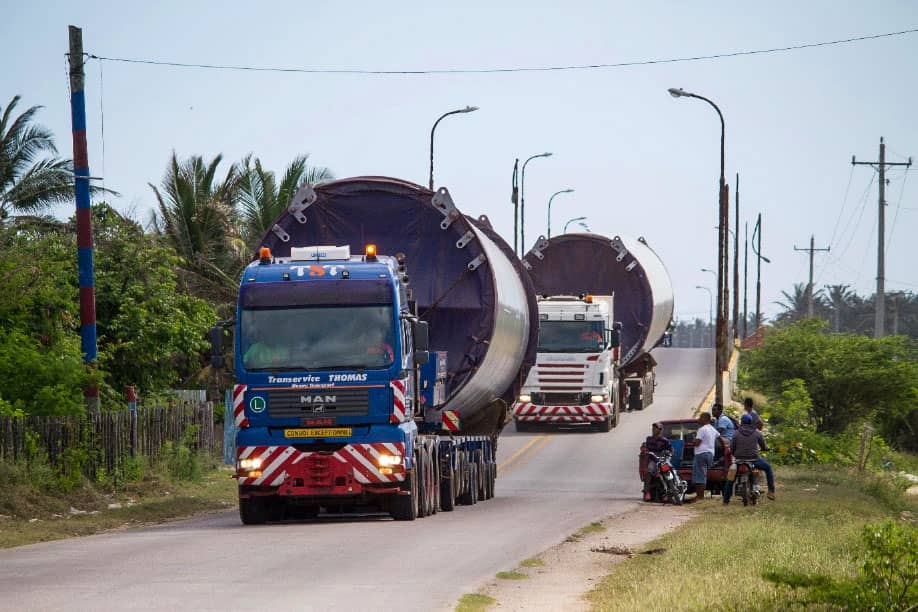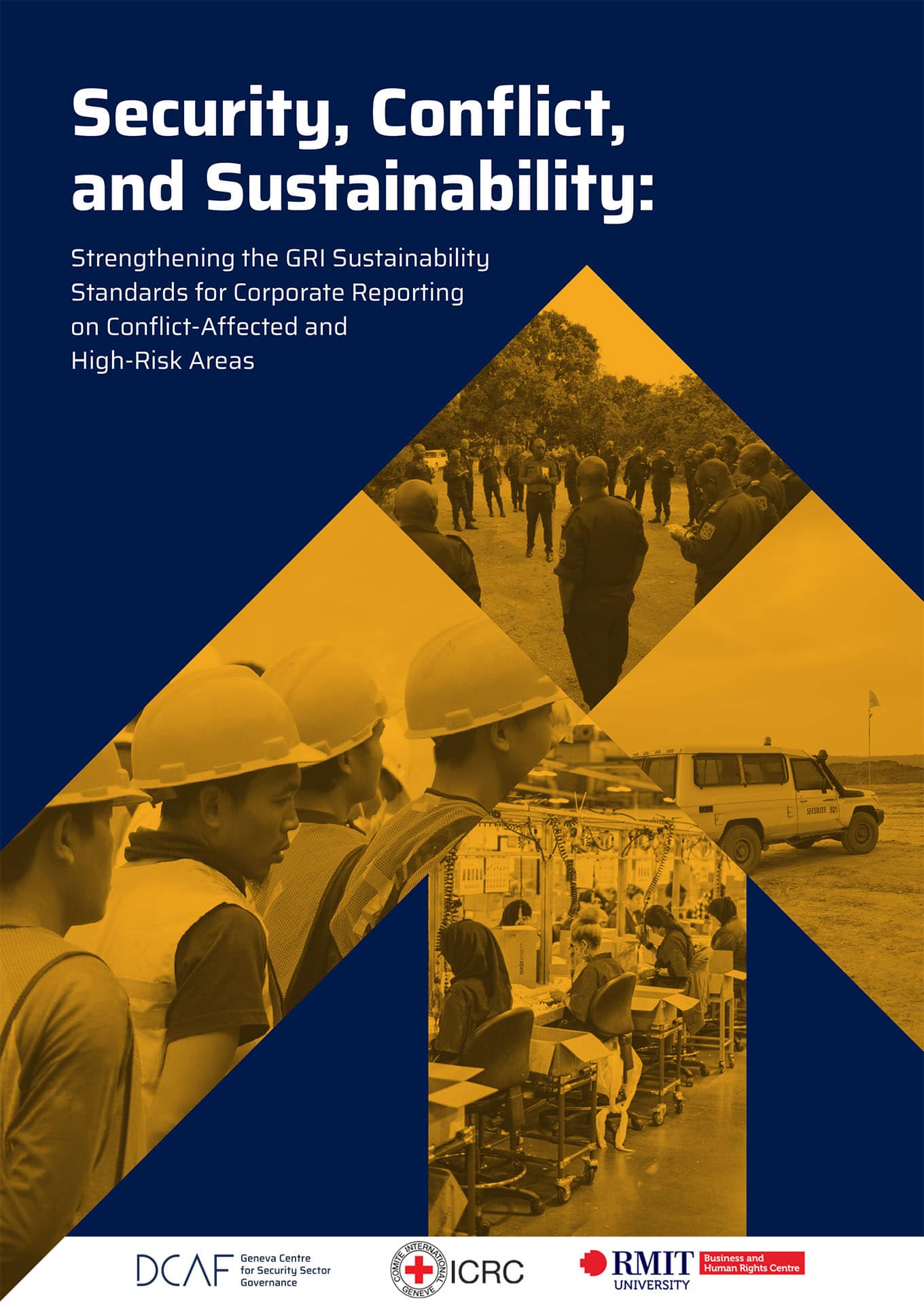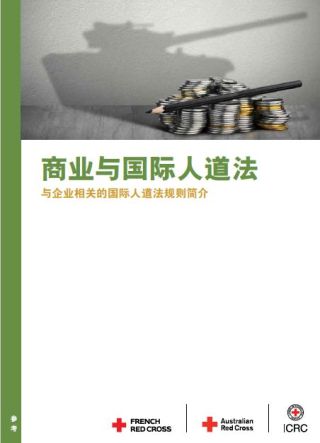Influencing Standard Setters to Ensure Responsible Investment in Fragile Contexts

Global Reporting Initiative (GRI) Financial Services Standards Include Conflict-Affected and High-Risk Areas as a Disclosure
Following long term engagement by DCAF-ICRC with the Global Reporting Initiative (GRI) and its Global Sustainability Standards Board, the Partnership has successfully influenced the GRI Sector Standards Project for Financial Services to integrate expectations on responsible investment in conflict-affected and high-risk areas for capital markets and the banking sector.
DCAF is providing further expertise to support GRI in refining these elements further in the draft standards, encourage reporting, and support reporting organisations with guidance on how and when to report.
Why is this important in relation to security and human rights risks in complex environments?
Financial services organizations are critical intermediaries between all other economic actors, allocating financing for major infrastructure projects and supply chains, channeling funds from savers to borrowers, facilitating payments, and insuring people and companies from risks. Few economic activities would function without credit, insurance, capital markets or payment services.
Financial services organizations have impacts through their operations - such as employment practices, customer privacy, and financial inclusion, - and their business relationships, including their customers and investees, such as impacts on biodiversity, local communities and rights of Indigenous Peoples, and child labor. By financing, investing in, or insuring activities, these organizations enable various sectors to operate, facilitating both positive and negative impacts on the economy, environment, and people, including their human rights.
Read our report that analyses gaps and opportunities for GRI to integrate conflict sensitivity, respect for international humanitarian law, and conflict sensitivity in its body of standards – and what more could be done.

Part 1: Full report - Security, Conflict and Sustainability
The Global Reporting Initiative (GRI) is an independent, international organization that publishes the “GRI Standards” – the world’s most prominent and widely used corporate sustainability reporting framework.
PDF(s)
Resource Type
Security
Publication Details
- Author(s): DCAF - The Geneva Centre for Security Sector Governance; International Committee of the Red Cross (ICRC); RMIT University Business and Human Rights Centre
- Publication Date: May 2024




